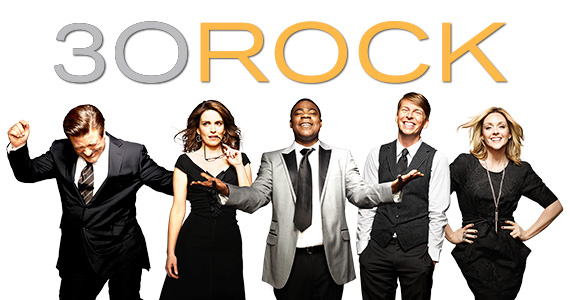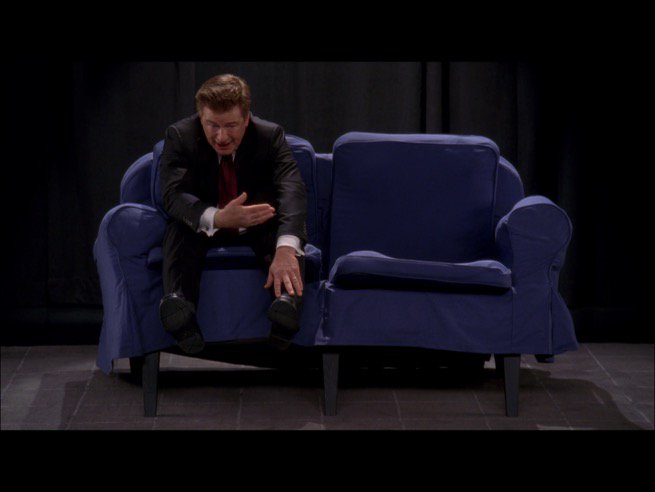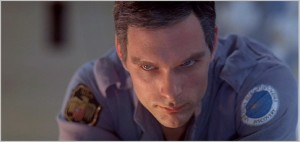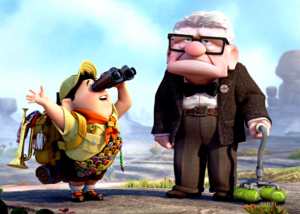 (Image credit: The New York Times)
(Image credit: The New York Times)
For someone so entrenched in politics, and more importantly, the media surrounding politics, it makes sense that Stephen Colbert’s favorite film is, in fact, Sidney Lumet’s Network. (Read in his own words what he loves most about the film here). At first glance, it could seem that his bombastic character from The Colbert Report might even be modeled from Howard Beale. According to Colbert, this isn’t the case- as he remarks, “It’s not an influence for my show, because Beale is a hopeless character who ultimately does not succeed in what he wants to do, and is killed.” But in satirizing modern television news and the pundits who inhabit the stations, Colbert’s past show takes after Network in its commentary and vision.
For other news commentators of our time, Howard Beale himself shines through in their programming. In an interview, Glenn Beck actually said he personally identified with Howard Beale: of the “mad as hell” mantra, he said, “I think that’s the way people feel,” Mr. Beck said. “That’s the way I feel”. His show includes segments such fiery segments as “Constitution under Attack” and “Economic Apocalypse,” and he “regularly bursts into tears”. On whether he seems himself as a religious figure, akin to the holy church of Howard Beale, however, he declines.
When it was suggested in an interview that he sometimes sounds like a preacher, he responded, “No. You’ve never met a more flawed guy than me.” He added later: “I say on the air all time, ‘if you take what I say as gospel, you’re an idiot.’ (NY Times)
As we discussed in class, many of the segments on Howard Beale’s show feature themselves in the tropes of TV news today. Stephen Colbert points out a few more: Vox Populi he sees most like CNN’s “iReport”, an opportunity for CNN viewers to be featured on the news by tagging “iReport” in their social media posts. For Sybil the Soothsayer, he points to Bill O’Reilly’s “body language expert,” who supposedly analyzes the body language of important figures (often President Obama) to determine their secret internal and subconscious thoughts.
There is no doubt that Network accurately predicted many of the features of current television, especially in news programs. Thankfully, we have the restoring order of such anti-pundits as Mr. Colbert to confront the mainstream.
http://artsbeat.blogs.nytimes.com/2011/05/19/stephen-colbert-on-network-great-film-or-the-greatest-film/















